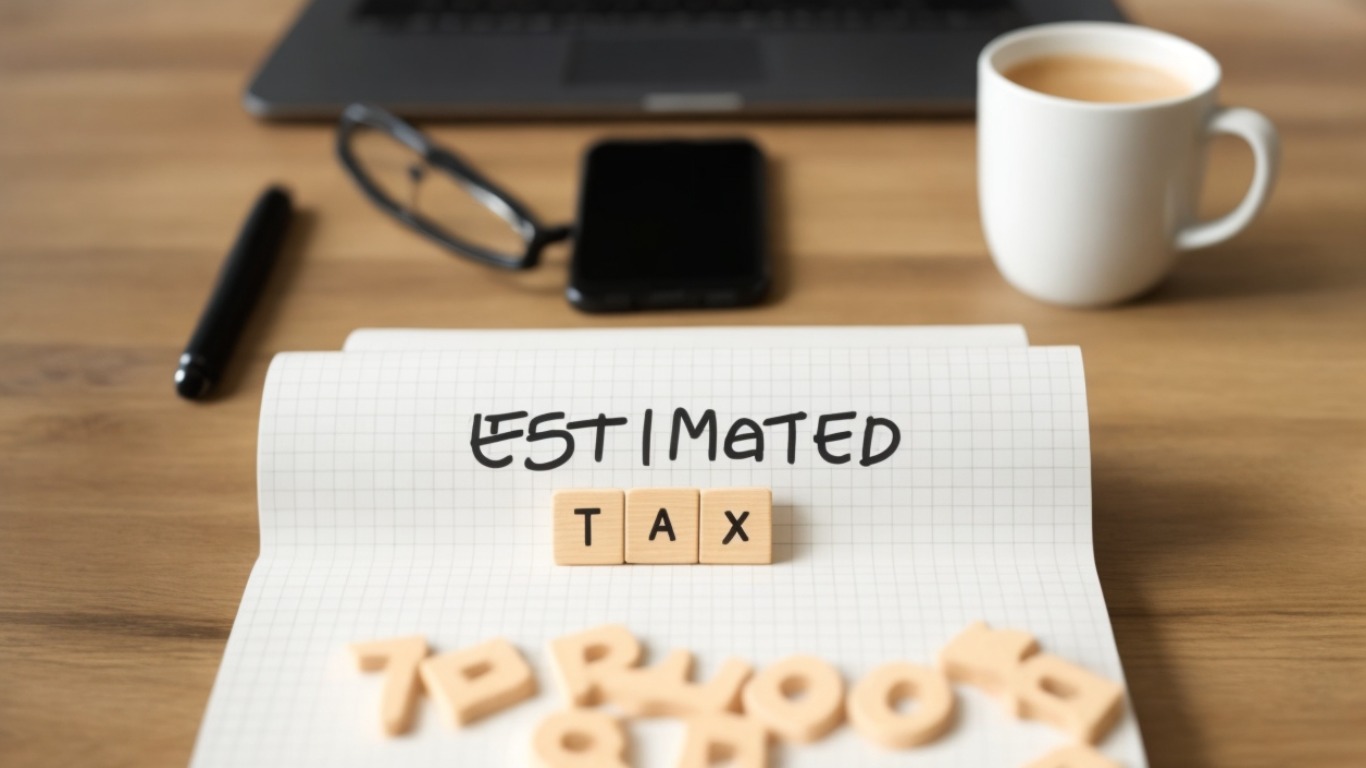Tax planning is a crucial aspect of financial management for social media freelancers. Being self-employed in the digital space comes with unique challenges and opportunities when it comes to taxation. Below are five tax planning strategies that can help social media freelancers optimize their financial situation. You can check out resources like https://taxhelpusa.com/state-tax-relief/ for more information on this.
Understand Self-Employment Tax
Social media freelancers are typically classified as self-employed individuals, which means they are responsible for paying self-employment tax. This tax covers both the employer and employee portions of Social Security and Medicare taxes. To plan for this, it’s essential to set aside a portion of your earnings to cover your self-employment tax liability. Understanding the current tax rates and keeping track of your income and expenses will ensure you don’t face unexpected tax bills.

Expense Deductions
One of the advantages of being a freelancer is that you can deduct business-related expenses. For social media freelancers, this can include costs like advertising, software subscriptions, equipment, and even a portion of your home office expenses. Keeping detailed records of these expenses is essential. Using accounting software or hiring a tax professional can help you accurately track and claim these deductions, ultimately reducing your taxable income.
Quarterly Estimated Taxes

Unlike traditional employees, freelancers do not have taxes withheld from their paychecks. To avoid penalties and interest charges, it’s crucial to make quarterly estimated tax payments. This involves estimating your annual tax liability, dividing it by four, and sending payments to the IRS and, if applicable, your state tax authority. This strategy helps you stay current with your tax obligations and prevents a significant year-end tax burden.
Retirement Planning
Saving for retirement is not just a smart financial move; it can also provide tax benefits. As a freelancer, consider setting up a tax-advantaged retirement account like a Simplified Employee Pension (SEP) IRA or a Solo 401(k). Contributions to these accounts are tax-deductible and can lower your taxable income. Additionally, they provide a way to secure your financial future, ensuring you’re not solely reliant on your freelance income in retirement.
Hire a Tax Professional
The tax code is complex, and it’s continually changing. For freelancers in the social media industry, there can be unique deductions and credits available. Hiring a tax professional who specializes in self-employment and freelance taxes can be a wise investment. They can help you navigate the intricacies of the tax code, ensure you’re taking advantage of every deduction and credit available, and help you minimize your tax liability legally.
In addition to these strategies, it’s essential for social media freelancers to stay organized and maintain accurate financial records throughout the year. Consider using accounting software or hiring a professional accountant to help with this. Having well-organized financial records simplifies the tax filing process and minimizes the risk of errors that could lead to audits or penalties.
In conclusion, tax planning is a critical component of financial success for social media freelancers. Understanding the unique tax obligations, taking advantage of deductions, making estimated tax payments, planning for retirement, and seeking professional guidance can all contribute to a more stable financial future. By implementing these strategies, freelancers can not only meet their tax obligations but also keep more of their hard-earned money, allowing them to invest in their businesses and personal financial goals.
